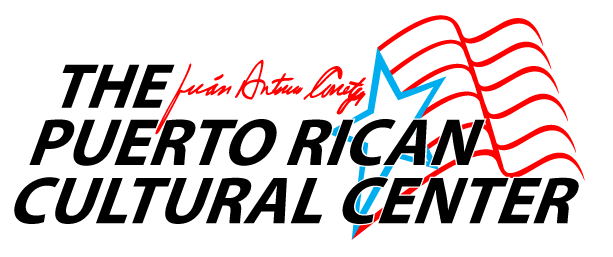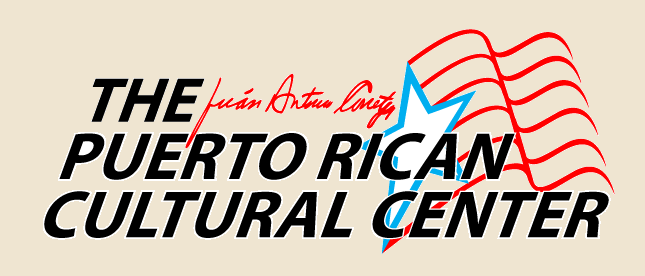by Dan Berger
July 4 in Puerto Rico was less a celebration of independence than a demand for it. That night, more than 100 people attended the closing event for Not Enough Space, an art show featuring the works of political prisoners Oscar López Rivera and Carlos Alberto Torres, as well as a replica of the small cells in which they have each spent almost 30 years.
The exhibit was housed at a community center in San Sebastián, which was on the same grounds where scores of vendors and artisans from around the island had come that very weekend to sell homemade hammocks, paintings, leather goods and other materials at the 29th annual Festival de la Hamaca. The first thing festival goers saw upon arrival was a giant banner proclaiming that Puerto Rico awaits the return of López and Torres.
The night before, festival planners awarded one of the island’s renowned linguist, Luz Nereida Pérez, for her work to study and preserve Spanish. She dedicated her award to López, saying the continued incarceration of this San Sebastián native “affects us all.” The town’s mayor, a supporter of Puerto Rican statehood, was one of several speakers at the July 4 finale; he too called for López’ freedom.
Five of the 11 political prisoners released in 1999 attended the closing event, as did the 102-year-old Isabel Rosado. For her lifetime involvement in the struggle for Puerto Rican independence, and in honor of the local artisans, event organizers presented the legendary activist with a hammock.
This event was not the first time that independence supporters gathered that week. Two nights before the closing, two dozen people gathered to hear Puerto Rican Cultural Center director José López speak about the beauty and the struggles of Puerto Rico. And on June 30, more than 150 people came to a wake in Mayagüez in memory of Miguel Sanchez, a shoemaker and longtime activist against the U.S. military presence in Vieques. Independentists from across the island, including Puerto Rican Socialist Party founder Juan Mari Bras, attended his wake and a celebration of his life the following evening. On July 4, Luis Rosa praised Sánchez as both a brilliant strategist and a tireless organizer.
These public events revealed a continuing push for the release of Puerto Rican political prisoners through a unified demand across Puerto Rican civil society. This unity succeeded in winning the unconditional release of one Puerto Rican Nationalist in 1977 and his four comrades in 1979. It won the freedom of 11 more prisoners in 1999. And it effectively removed the U.S. military from the island of Vieques in 2003. In interviews held during the week preceding the July 4 event, leading independence figures—Lolita Lebrón, Nelson Canals, Rita Zengotita, José Fortuño, and Juan Mari Bras, among others—each pointed to this unity of purpose as the reason for the movement’s successes in the past three decades. Such unity has repeatedly made the impossible inevitable.
Irmgard Iglesias lives in San Juan. During the 1970s, she lived in New York City and worked with a Puerto Rican organization called Resistancia Puertorriqueña. As we drove the two hours from San Sebastián to San Juan, Iglesias told me that she never thought the five Nationalists would get out of prison. To her delight they did, and it confirmed for her what she said she has always known: “I’ve never had any doubt that we will get our independence. I know we will be free.”
Dan Berger lives in Philadelphia and is the author of Outlaws of America: The Weather Underground and the Politics of Solidarity (AK Press, 2006).








